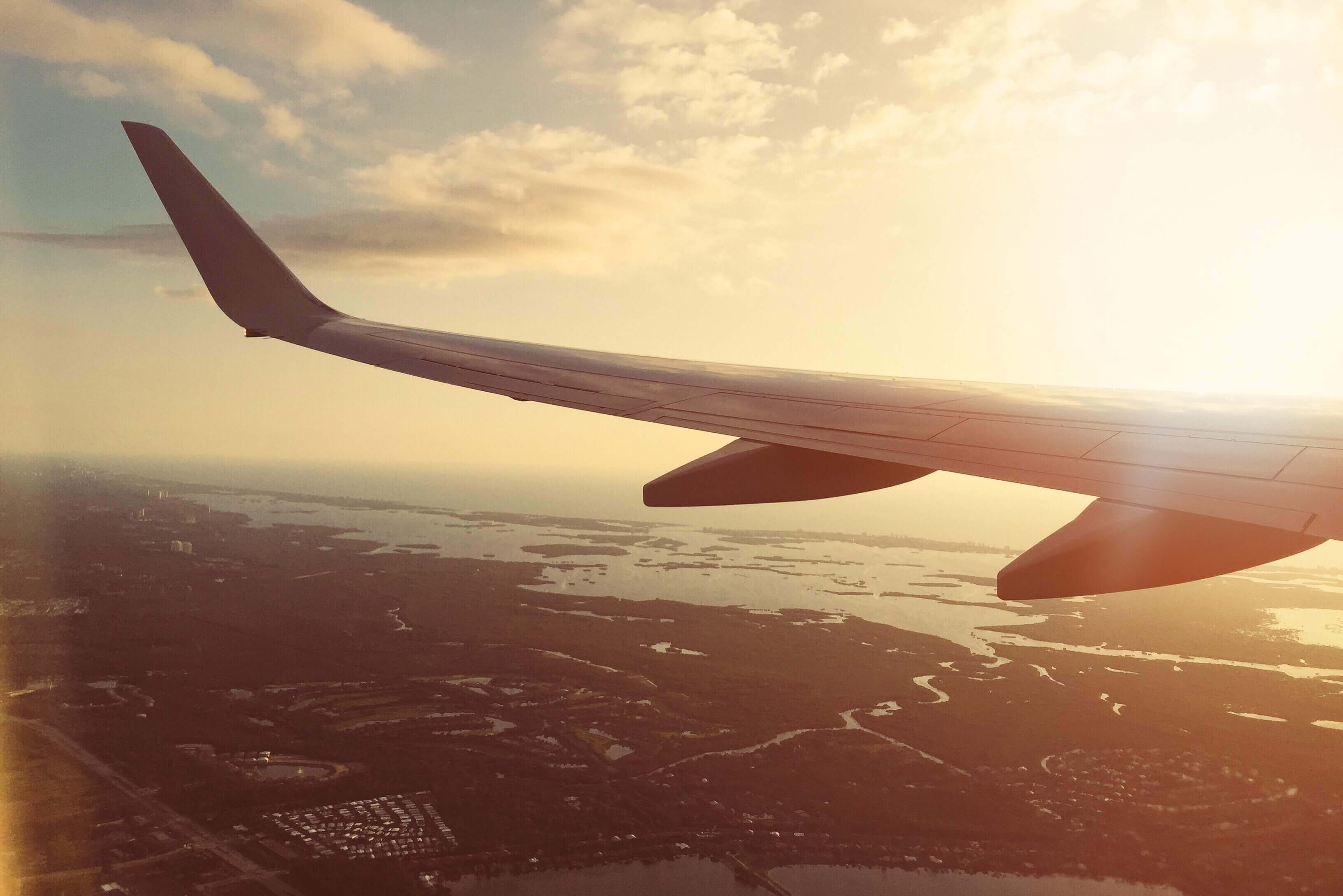
Slumber in the sky: How to get some sleep on a plane
With summer within touching distance, you might be getting ready to pack up and jet off to an idyllic location for a well-deserved break. However, before you can enjoy your time in the sun, there's the small issue of the flight to deal with, which can be a real hurdle for some. A lot of people aim to get through the monotony of flying by getting some shuteye but, for many, snoozing at 30,000 feet is a struggle.
And, if you're flying long haul, you face the prospect of having to catch up on any missed hours of sleep, which can eat into your first few days of sun. While you can improve your chances of falling asleep on a plane by booking a night flight or investing in the comforts of business class, these are not always an option.
To help you out, we've put together a few tips that will improve your chances of sleeping on a plane, so you can enjoy our holiday without feeling exhausted when you land.
Pick the quietest spot on the plane
If you plan on getting to sleep on a flight, you'll want to choose a quiet seat that gives you a fighting chance of nodding off, but you'll need to do some digging first.
The most in-demand seats onboard are likely to be near the front, according to research by EasyJet, but you'll want to head all the way to the back if you want some peace and quiet. This is because families with young kids are more likely to book seats near the front and you'll also be away from the food preparation area at meal times. Additionally, booking a window seat can be a good idea, as you won't be disturbed by other people moving around and you can rest your head on the side.
To get a good idea of what to expect on your flight, you can use a website like SeatGuru, which allows you to view a seat map of your plane, complete with seat dimensions, as well as user comments and advice for choosing the best location on board. You can then use this information to make the best choice for sleep when you book your seat.
Find the best sleeping position
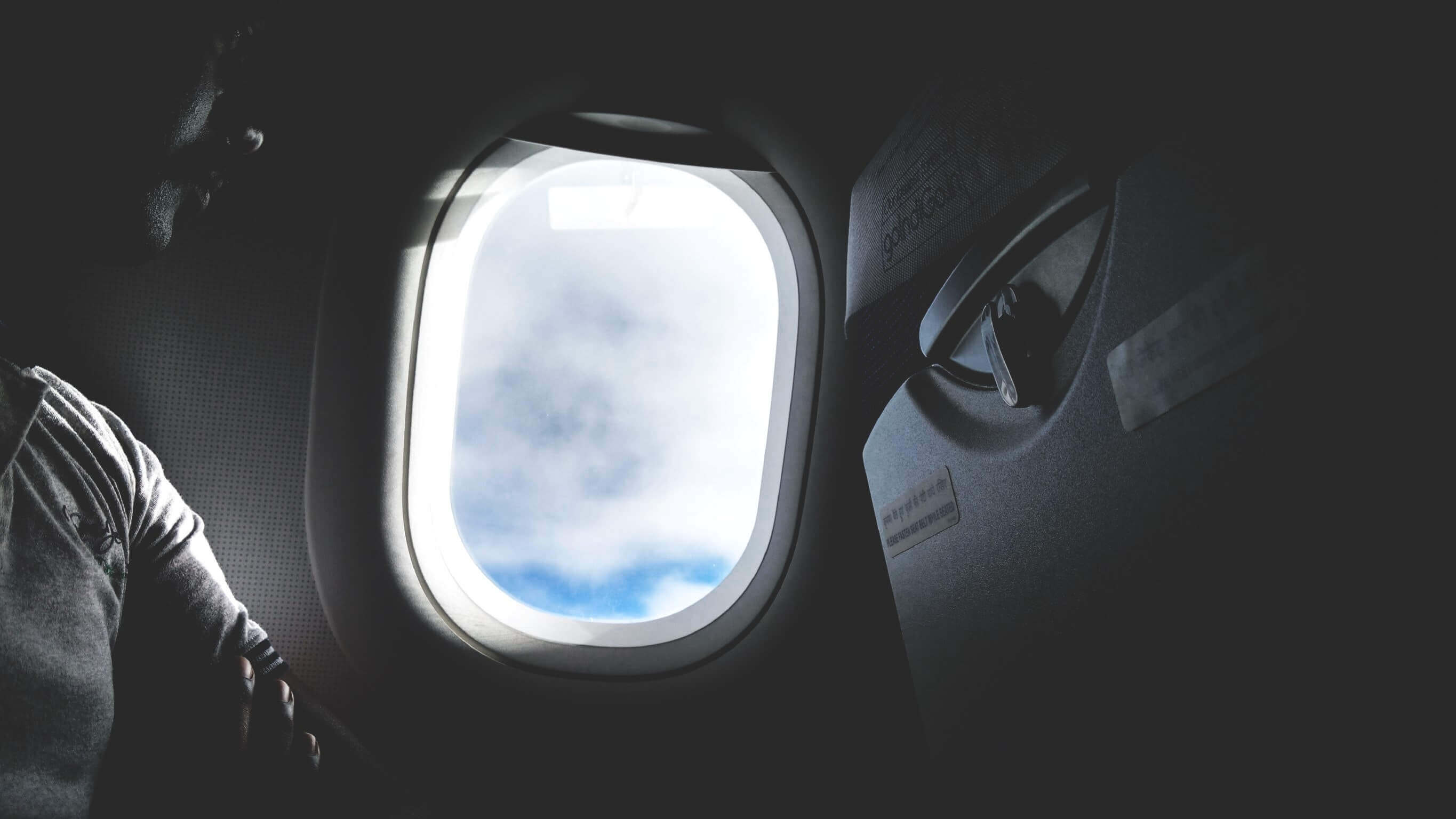
You'll see passengers adopt a whole range of different sleeping positions on a plane: sitting upright, slouching downwards, leaning on a fellow passenger, or even doubled over on the tray table. But, none of them are particularly comfortable or healthy. For instance, snoozing upright in your chair is liable to cause you back pains, according to one medical study, while being hunched and resting on the table does no good for your neck and back, either.
The same study recommends that the most comfortable position for resting over long periods is at a 135° angle, which will place the least pressure on your spinal disks. However, to lean back like this on a plane would require your chair to be reclined, which is often a contentious issue, so it's best to check whether this is okay with the person behind you before going ahead.
Alternatively, if you have a free chair next to you, you may be able to spread out. Or, if you spot an empty row, you could ask the steward if you can be relocated.
Avoid drinking alcoholic or caffeinated drinks
Before or during the flight, it's best to avoid consuming alcoholic or caffeinated drinks if you're aiming to sleep. Both of these types of beverage are well known sleep disruptors: the likes of coffee and energy drinks will keep your brain active, while beer, wine, and spirits may contribute to poor sleep quality and could even cause you to snore. In addition, both alcohol and caffeine can have a diuretic effect in some people that can lead to them using the toilet more often, which isn't ideal if you're trying to grab some shut-eye.
Don't use any gadgets with screens
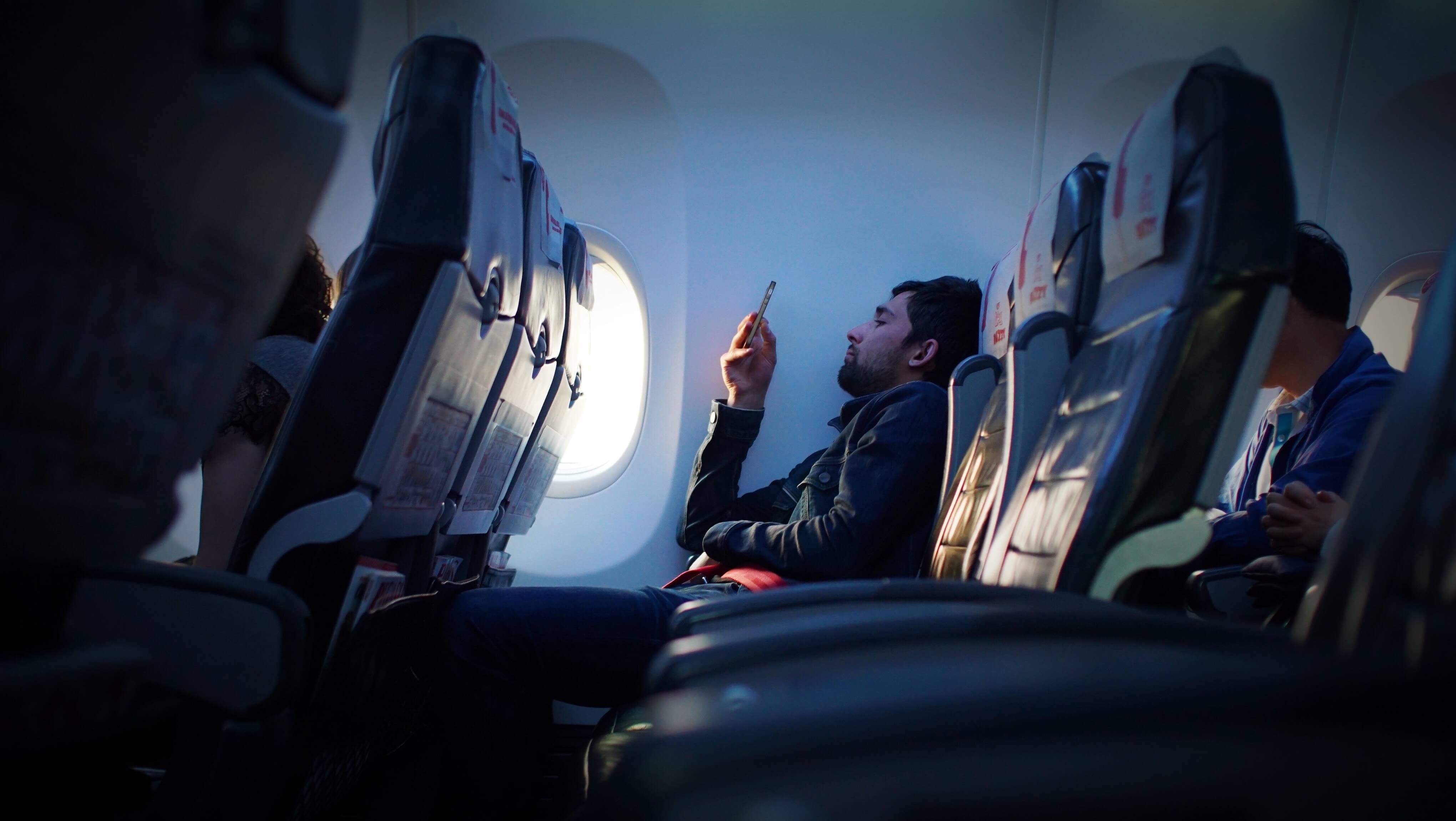
Is your favourite type of in-flight entertainment watching a movie on your tablet or getting in some quality gaming time on your handheld console? Then you may want to reconsider using these devices if you plan on sleeping soon after. There are quite a few studies, including this one from Harvard University, that have found that the blue light emitted from screens on electronic gadgets can disrupt our sleeping patterns by tricking our brains into resetting the sleep process.
With this in mind, you might want to cut out any screen time before you intend to drift off on your flight. Instead, listen to some music or read a book to pass the time before you feel tired. However, you can still use your screens once you've woken up and won't be going back to sleep again — it's just a case of prioritising rest over screen time.
Turn up equipped for sleep
If you really want to be comfy when you're trying to sleep on a flight, you'll need to come prepared. For one, it’s best to dress in loose, non-restrictive clothing, so you can completely relax without any discomfort once you've found the perfect snoozing position. Dressing in layers is a very good idea as they will keep you warm and can simply be removed if you begin to feel too hot. You may also wish to wear some comfortable shoes that can easily be slipped on and off.
There are many sleeping aids for flights that are worth investing in, too. A huge number of neck pillows are available for travellers looking to get some rest. They come in all shapes, sizes, and materials, so it may take a little bit of research and shopping around to find the one that's just right for you. Check out this round-up of the best pillows by Expert Reviews to get your search underway.
Another essential is a good sleeping mask, which can shut out any unwanted light that's preventing you from drifting off, including that pesky blue light from your nocturnal neighbour's screen. Make sure that any mask you purchase is able to block out everything without feeling too tight or the strap material cutting into your neck uncomfortably. Pair it with a pair of earplugs or noise-cancelling headphones to completely shut yourself off from the world.
Follow our five top tips for snoozing on the plane and you'll be able to arrive at your destination well-rested and ready to go. For more sleeping advice, be sure to check out our guides as well as the other articles on our blog.





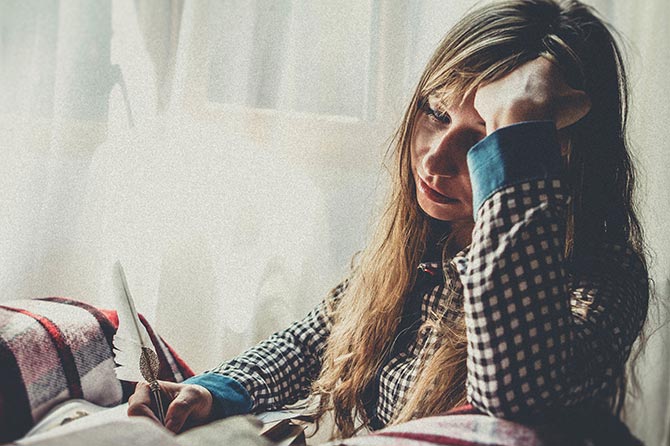
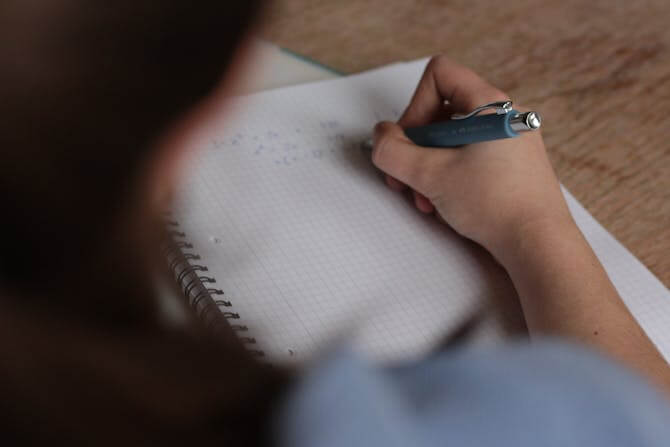

Leave a Reply